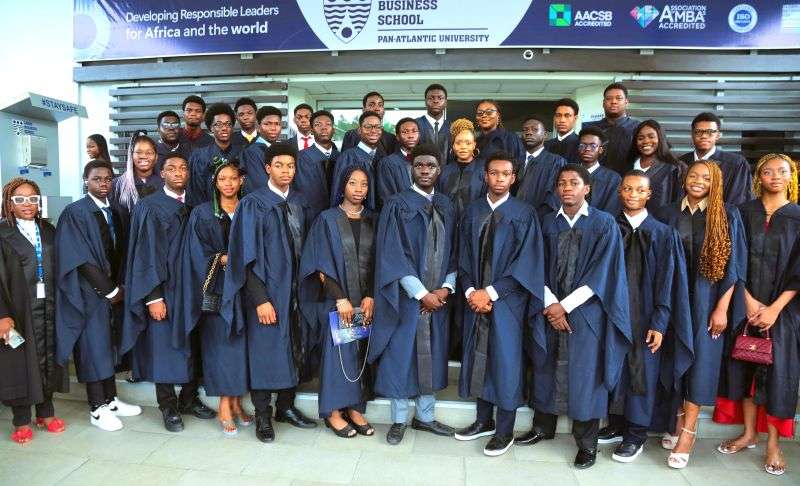A new university dedicated to the promotion and teaching of Nigerian languages could soon become a reality after the House of Representatives passed the first reading of a bill to establish the Bola Ahmed Tinubu Federal University of Nigerian Languages. The bill, sponsored by Deputy Speaker Benjamin Kalu and eight other lawmakers, is aimed at creating a university that will preserve and promote Nigerian languages and culture.
The bill highlights the university’s primary goal: offering opportunities for higher education in Nigerian languages to people of all backgrounds, regardless of their race, creed, gender, or political beliefs. Section II, part I of the bill, states that the university will, “Encourage the advancement of learning and offer all persons the opportunity to acquire higher education in Nigerian languages and cultures.” This includes developing programs that offer diplomas, undergraduate, postgraduate, and research degrees with a strong focus on adaptive and developmental skills in Nigerian languages and cultures.
Empowering Communication for National Development
The university’s vision includes producing graduates who are not only academically competent but also socially mature individuals equipped with the skills to communicate effectively in Nigerian languages. This, in turn, is expected to contribute to national development. By promoting Nigerian languages, the university seeks to foster a deeper understanding of the nation’s rich linguistic and cultural heritage, thereby strengthening national unity.
Moreover, the institution is designed to play a crucial role in postgraduate training, research, and innovation. This will help ensure that Nigeria’s natural, economic, and human resources are effectively utilized, conserved, and developed. The bill outlines how the university will work closely with other national institutions to advance Nigerian languages and cultures, encouraging collaboration and joint research projects.
Expanding Opportunities for Language and Cultural Studies
The bill emphasizes the university’s commitment to creating a strong foundation for the study and teaching of Nigerian languages. It will offer a variety of academic programs, including outreach programs, in-service training, and continuing education. These initiatives are aimed at fostering a more profound understanding and appreciation of Nigeria’s linguistic diversity.
Among the key objectives of the university is to train professionals with high expertise in Nigerian languages. These professionals will provide language services, offer consultancy, and contribute to outreach programs designed to engage communities and promote the study of Nigerian languages. By focusing on research and community service, the university will play an active role in expanding knowledge about Nigerian languages and their significance in the country’s cultural and educational landscape.
Oversight and Governance
The President of Nigeria, who will act as the visitor to the university, will play a key role in overseeing its activities. According to Section 14 (2) of the bill, the President is required to visit the university, or send a representative, at least once every five years to assess its performance. During these visits, the university’s staff and governing bodies are required to cooperate fully with the visitor, providing all necessary facilities and assistance.
The President also holds the authority to remove members of the university council, except for the pro-chancellor and the vice-chancellor. If the council believes that a member should be removed due to misconduct or inability to perform their duties, they can recommend the removal through the Minister to the President. If the President agrees with the recommendation, he has the power to remove the individual from their position.
Next Steps for the Bill
Having passed the first reading, the bill is expected to undergo further scrutiny in the House of Representatives. A second reading will likely take place in the coming weeks, followed by a public hearing where various stakeholders will have the opportunity to provide input. This feedback will be crucial in refining the bill and ensuring that the university fulfills its intended purpose of promoting Nigerian languages and fostering national unity.
The establishment of the Bola Ahmed Tinubu Federal University of Nigerian Languages marks a significant step towards preserving Nigeria’s rich linguistic heritage. If approved, it will create a platform for the study and development of Nigerian languages, providing future generations with the skills and knowledge to communicate in their native tongues and contribute to national development.
As the bill progresses, there is growing anticipation that this institution will play a vital role in shaping the future of Nigerian language education and cultural preservation. With support from lawmakers and the wider public, the university has the potential to become a cornerstone of Nigeria’s educational system and a beacon for linguistic and cultural studies across the country.




